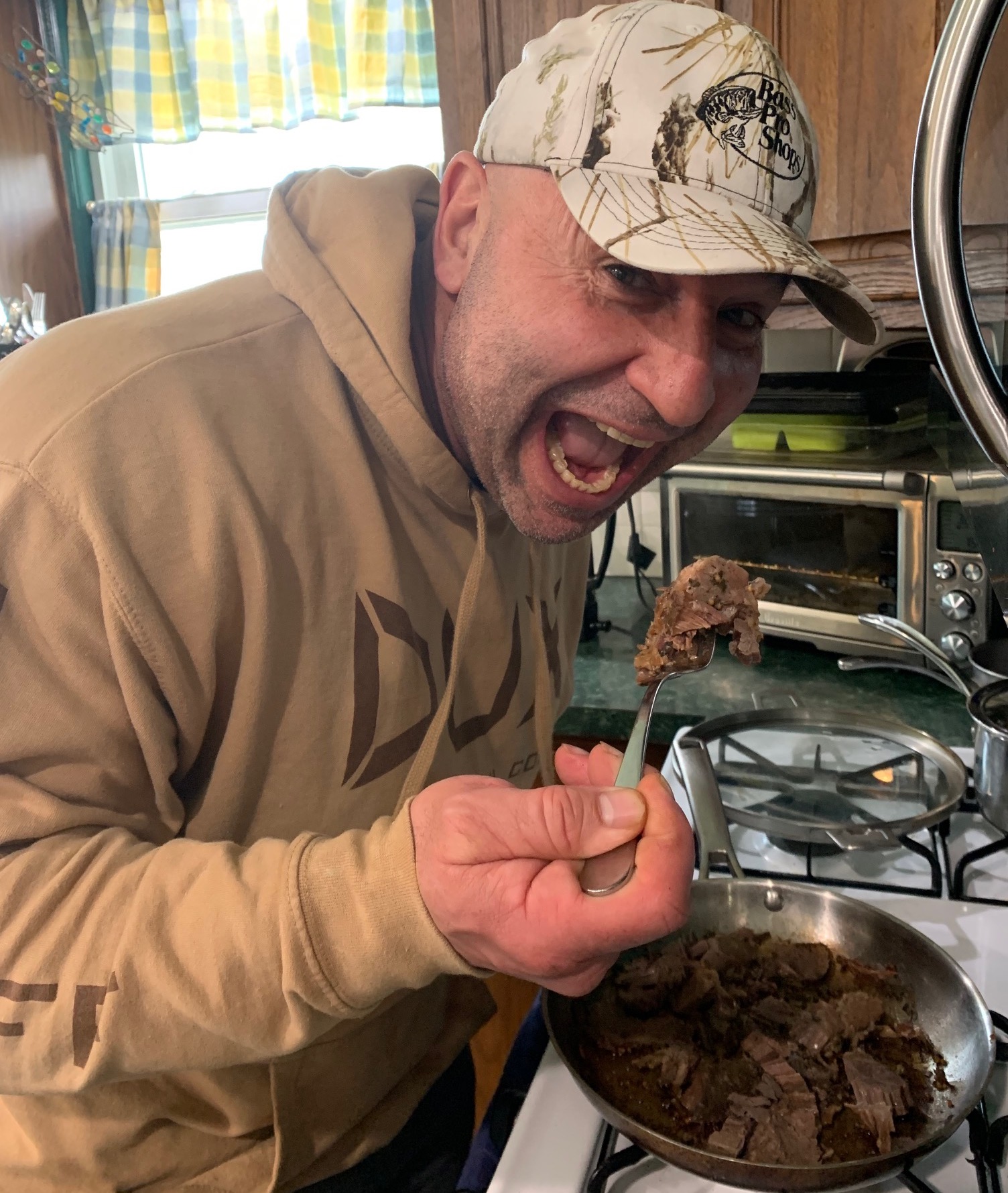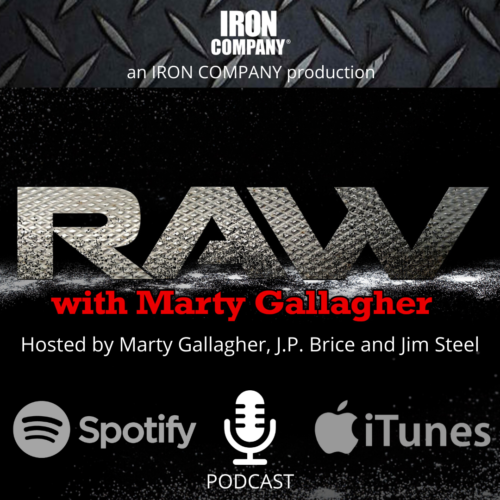
Diet and Nutrition Plans For Muscle & Strength Gains and Fat Loss
As a competitive bodybuilder and powerlifter for over 36 years, here are some examples of the diet and nutrition plans I have followed and my feedback on each one.
When I competed in my first bodybuilding show in 1984 as a senior in high school, I came to the realization that although training effectively was the foundation of the whole thing, diet and nutrition plays a huge role in whatever you want to achieve physique or strength wise.
The process of getting ready for that show piqued my interest in finding out more about what worked for me but more importantly, educating myself on macronutrients and the way that they all fit together to help me accomplish my goals.
What I found out was eye opening to me; you can use food to manipulate your body in any way that you want, especially with the very effective combination of nutrition and weights. Consequently, I embarked on a thirty-five-year journey of reading and experimenting and going to seminars and talking to experts about diets and the latest research and why certain diets worked and why some didn’t.
I'm no nutritionist, and there are definitely individual differences in how people react to different diets and types of foods, but I believe that by describing my experiences with various diets, I can provide at least a framework to help you on your road to weight loss while keeping your muscle. This “in the trenches' ' dieting can help you decide what is right for you.
I'll give you some pros and cons of the different ways that I have dieted and what has worked for me. Not just to lose weight like a non-lifting person, but for somebody who wants to keep their hard-earned muscle and lose the fat. I believe, just like with training, that I have tried all of the bodybuilding diets out there.
That's what I want to talk about; getting defined with fat loss. Not to gain weight; gaining weight is relatively easy, especially when you don't care about two things: Your health and putting on a little fat. If you don't care about those things, gaining weight is simple and well, fun. When I was trying to gain weight in high school, I ate eggs and hash browns for breakfast, and then dad would make me 4-6 pork roll, pickle, cheese and mustard sandwiches (like Canadian bacon but better), and I'd eat them all before lunch and then I'd get another two school lunches and eat them too. After lifting, or after practice, I’d eat with my family; stuff like pasta, beef, green beans and milk. My Mom would make a big vat of shells, beef and tomato sauce and I’d munch on that for a few days. I called it “Mom's Supreme”. I was 195 pounds my junior year in high school and got up to 218 pounds my senior year eating just like I described. After college, I went from 240 pounds to 280 pounds in three months when I began powerlifting, and up to 312 pounds within a year.
Yes, gaining weight can be easy and can even be fun but attempting to lose weight can be difficult at times and arduous. In addition to losing copious amounts of weight at various stages in my life, I have also lost weight for competition. I have done four bodybuilding shows over the years and for each of them have lost at least thirty pounds and in one of them, I lost that weight in seven weeks.
I started off dieting hard in high school for a bodybuilding show, the Mr. Teenage DC contest. I began the process weighing 218 pounds and ended up 12 weeks later weighing 169 pounds. I simply starved myself. I ate tuna, blueberries and skim milk. I didn't know anything about dieting at the time, all I knew was that I needed to get the fat off. It worked but you want to talk about miserable! I would act like I was going to school but get dropped off at my girlfriend's house and sleep and stay away from food. Then I would train in her basement and do cardio stuff and eat some blueberries and go to bed. I remember during that time that Iron Man Magazine came out with an article about high fat dieting for bodybuilders. I read that and went to Big Boy’s restaurant and ate the sausage and bacon on the breakfast buffet. I was deliriously happy after eating all that stuff. Later that afternoon, I saw one of my buddies who was a competitive bodybuilder and told him what I had just eaten and he freaked out. All that fat! Those were the days when nobody was eating fat. I went back on tuna, blueberries and skim milk. Little did I know that I would revisit the highly effective high fat diet in the future.
The next time I dieted, when I was 312 pounds and bloated like a tick, I started researching different ways to get my fat off. I knew that I wasn't going to starve myself anymore. I was fortunate to work at the time for Rob Wagner at the University of Pennsylvania as his assistant strength coach. He introduced me to The Zone Diet, which emphasized a relatively balanced macronutrient profile and emphasized insulin control, but the calories were too low, and not enough food for me to actually function as an active, competitive lifter. I tried The Zone for a few months and talked to Wagner about the issues with it and he introduced me to perhaps the most effective diet that I tried, the Anabolic Diet.
The Anabolic Diet was invented by Dr. Mauro Dipasquale years ago. I respected Dipasquale right away because he had the academic credentials, but he also had the real-life experience of being a world champion powerlifter in different weight classes.
The diet consisted of 5 days of low carbs and one to two days of high carbs. The guidelines call for 5 days of 50 grams or less of carbs a day and then it's a “free for all” on weekends, provided that you don't start to “spill over”, meaning your muscles start to smooth out, and you lose definition.
Here is how I did the diet: I tried to keep my carbs during the week to zero, figuring that I would get some incidental carbs in there from the vegetables that I ate. At first, I tried to eat anything that I wanted both Saturday and Sunday but found that two days of gorging was too much for me, and I started to lay down some fat. So, I switched to 6 days of close to zero carbs and one day, Saturday, where I ate Krispy Kreme doughnuts until I exploded. I was measuring my ketones at the time and would be back into ketosis by Monday or Tuesday of the next week. I have to admit that this was the most enjoyable diet that I followed, mainly because every Saturday was like Christmas morning for me. I'd be like, just make it until Saturday, just make it until Saturday. A typical day would be to have 4-6 pieces of bacon and 3-5 eggs for breakfast, and then 3 cans of tuna with lots of mayo for lunch and then a bag of spinach with 4-6 burgers for dinner. I did 30 minutes of cardio a day, mostly walking, and lifted four days a week. The weight comes off fast with that diet. I didn't go through any “keto flu” like everyone talks about, when you feel awful and run down as the body makes the shift to using fat for fuel, but people do experience it. Make sure to keep the electrolytes high when you drop your carbs down.
High carb, high protein, low fat - I did lose weight doing this diet, but the cravings, without the fat, got pretty strong. I ate rice, wheat bread, tuna, chicken, egg whites, fat free yoghurt, and apples. You know what? It's a good break -in diet. It's easy to do that diet; it's convenient. You can go to Subway and get a chicken breast sandwich with tons of veggies and mustard or some instant oats mixed with protein powder. Easy and convenient, but you have to eat often, and the hunger comes back fast after the meal. It’s funny when I look back on it, because it does illustrate that everything works, high carb, low carb, all of it. It seems to me that it's the satiation, the feeling of being fuller longer that is one of the keys to sticking to the diet. So, this diet worked, but the hunger was strong.
The Salke Diet - “Beef and sweet potatoes” - When I decided to compete in a bodybuilding show in 2012, I consulted my good friend Rich Salke, a former champion bodybuilder. Rich told me to eat 3 pounds of beef a day and 4-6 sweet potatoes. Good protein, some fiber and carbs in the sweet potatoes, and fat in the beef also. He also said that I could eat any veggies that I wanted, and I ate raw cabbage sprinkled with Splenda. I know it may sound gross, but when you are dieting, anything crunchy and a little sweet really helped me out. The way that this worked was as the weeks went on, I would reduce the sweet potatoes and the ground beef. I would send pics to Rich weekly and he'd critique my physique and then decide what changes to make in the amount of food if it was needed. Rich would let me have a cheat day or meal if I was making positive progress. It was great; I sent the pics to Rich and he’d say, “Okay, Jimmy have a burger and fries and a big dessert.” And he'd have to text me that, I couldn't or wouldn't give myself permission to cheat, I'd have to hear it from Rich. And I would EAT. I remember the first time Rich told me that it was okay to cheat. My son was around 8 at the time, and I was like, let’s go! We went to the bakery and bought huge vanilla creme doughnuts and ate them in the parking lot and also ate a large pizza. It was glorious. We were both covered in powdered sugar.
At 5 weeks out, Rich would cut out all cheat days and it would be just the beef and sweet potatoes from now on. I was behind for one show. If the weight wasn’t coming off fast enough, Rich switched me to meals mostly consisting of tilapia or cod or flounder and spinach. This was some calorie reduction. I also added MCT oil to everything and it seemed to help me think better. Now the fish thing was miserable, but it worked. I mean, I saw changes daily when I would make that switch. Rich would have kept me on beef and sweet potatoes if I started my diet earlier but felt like he needed to lower the calories dramatically for a few weeks. As far as the quality of the food, I tried to eat grass fed beef and organic sweet potatoes, but If I didn't have the money, I would get Bubba Burgers from the grocery store and sweet potatoes there also. Another reason that I think that diet worked for me, the beef and sweet potatoes was because I thrive on sameness. I like going to the gym and doing ten sets of squats and then leaving, and I like to stick to one or two foods and keep them that way for the duration of the diet. Some may need variety, but I hate it. Same stuff, every day. A typical day for me when I was on that diet was, I’d wake up anywhere between three to four thirty am and get on the exercise bike for thirty minutes to sixty minutes and then eat my first meal. There is definitive research showing that fasted cardio is more effective than not eating beforehand, but I set it up as a reward system: I'd have to do the bike to earn my first meal. Then I’d go to work and train and perform cardio at lunch time. And maybe another session in the evening if I wasn't losing weight fast enough. Up until five weeks out, I would also have a fifty to seventy-five-gram protein shake in the evening.
The worst diet that I ever embarked on was when I decided to compete in bodybuilding on 7 weeks’ notice. I started on the beef and sweet potatoes right away , but after a week or so, I called Rich and told him that I wasn't losing fat fast enough. He said, “It’s tuna and water time, Jimmy.” He told me to eat two to three cans of tuna a day. I thought that he meant the small cans, so for the first week, I was on five hundred calories a day. Then Rich told me that he meant the big cans, which added another five hundred to one thousand calories a day to the diet. I was in heaven! But it didn't last long until the hunger came. I made it to the show, but I never did a show with only 7 weeks out after that was over again.
Severe diets come with a few side effects: Irritability (my family can attest to that one), of course hunger, and general overall fatigue. When you have that fatigue, and everyone goes through it, I always thought that at least I knew what was wrong with me. If I didn't, I'd thought I would be getting and staying sick. It's like you have the flu without the fever. In the throes of one of the diets, I would avoid all contact with people unless it's absolutely necessary, like for work. But I wasn't calling any friends and bullshitting on the phone, and just waving at someone would irritate me. You may not be planning on doing a show or get to that point. If you are just doing it to get in great shape, start slowly and reduce the food as you go. A great way to do that is with carb cycling.
Carb cycling was introduced to me by Shelby Starnes, another champion bodybuilder. I hired him for 6 months to write my diet, and he used the Carb Cycling Diet approach. He used a formula according to my body weight and activity level (the formula can be found online), and there were high carb days, medium carb days, and low carb days. As the diet goes on, he would reduce the number of high days and add more low days. I went from two hundred and sixty pounds down to two hundred nineteen-pounds using carb cycling. It's a diet that you can stay on forever, especially if you don't have to get ready for a bodybuilding show in a few months. It pulls the weight off of you slowly, but the losses are steady. After doing such severe diets before, I felt great having all of that food to eat. Carb Cycling can be done according to activity. Training squats that day? High carbs. Sitting around in a seminar all day? Low carb day. Sitting around half of the day but doing chest that night? Medium carbs. It’s flexible and its simple. You just have to track macros, but you get used to that and with all of the apps out there today, it is not a big deal.
So, which diet was the best diet for me? I lost the most weight on the Anabolic Diet, and I had tons of energy and was not hungry on that diet. With the Salke Diet, I was satiated also, until I got down to one to two sweet potatoes a day and the beef dropped off also. Low fat works but I was super hungry an hour after eating. Carb Cycling was easy and was effective in the long term.
If I was training for a short-term goal, I’d go with the Anabolic or Salke diet. If my goal was long term and sustainability, it would be the Carb Cycling Diet approach.
Try them out and see what the best one is for you. Have patience with the process and stay the course!
About The Author - Jim Steel
Jim Steel has been immersed in athletics and the Iron Game for most of his life. He has been a college football player and coach, powerlifter, Muay Thai fighter and is currently a competitive bodybuilder. In 1999, Steel was named Assistant Strength and Conditioning Coordinator at the University of Pennsylvania, and moved up to Head Strength and Conditioning Coordinator in 2004. He is the owner of the blog Basbarbell and is a motivational speaker, frequent podcast guest and the author of two books, Basbarbell Book of Programs and Steel Reflections. Steel is a Certified Strength and Conditioning Specialist with the National Strength and Conditioning Association. Jim Steel is co-host of the RAW with Marty Gallagher Podcast along with Marty Gallagher and J.P. Brice and is a monthly content contributor at IRON COMPANY.



